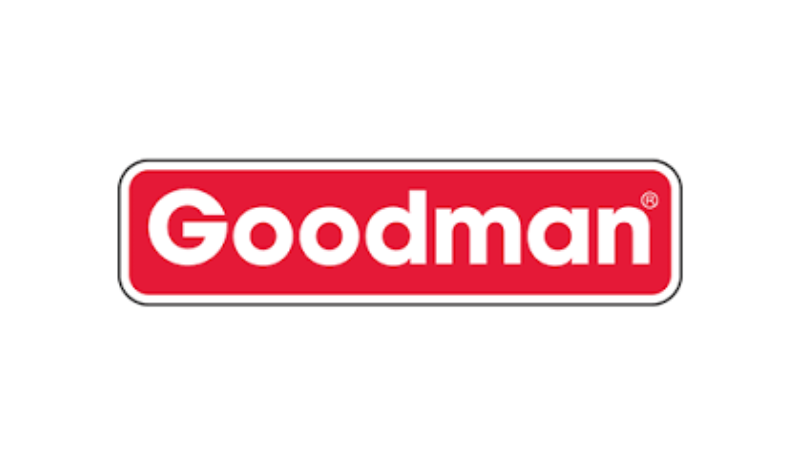Are you ready for the IFRS 16 Public Sector deadline?
Setting the scene
If you are reading this it is likely that IFRS 16 has become a hot topic within your organisation, so naturally you will be aware of the notable change to lease accounting practices, that is about to occur within the public sector and it’s impact on your organisation. However, if you are only just starting to think about IFRS 16 the new lease accounting standard for the public sector comes into effect on 1st April 2022 and fundamentally requires organisation spotlight.
As a public sector organisation, you can take advantage of a much more mature standard than when the private sector transitioned back in 2019, with countless organisations having gone through multiple interims and year-ends reporting to the updated standard. But now it is the public sector’s turn. Software applications are more mature in relation to the standard as well as accounting auditors being clearer on what scenarios and challenges are out there, whilst general best practice across the board is more apparent.
The question is: Are you truly prepared for the transition and have all areas covered?
MRI has gained insights from over 500 lease accounting implementations, whilst logging what went well, what needs to be considered and practices to avoid. Thus, providing relevant information to your organisation.
What we learnt about IFRS 16 from the Private Sector
IFRS 16 was introduced into the private sector in January 2019. This has provided valuable insights and challenges faced throughout it’s implementation. The new standard meant that leases had – and continues to have a significant impact on the balance sheet.
Therefore, MRI wants to openly share our experiences, challenges and solutions over the 500+ lease accounting implementations, with key takeaways for public sector organisations to learn from the private sector transition.
Procuring an appropriate solution and timing
With the 1st April 2022 IFRS 16 deadline fast approaching for public sector organisations to transition to the new lease accounting standard, there are many factors that need consideration, and often many were overlooked by the private sector.
Many private sector organisations started trying to manage IFRS 16 leases via Excel or ‘IFRS 16 calculators’ only to run adrift. Challenges in term of processes, limited automation, security and double handling of spreadsheets and finance systems not only leads to data integrity problems but limited company control and insight.
Investing in lease management and accounting technology ensures that the business-as-usual treatment of leases is managed effectively, whilst automatically driving the asset and liability calculations alongside disclosure reporting for the finance team. If implemented correctly, the technology should meet and exceed the return on investment.
Not only is it important to have an appropriate solution in place to handle IFRS 16, but it is also important to have a solution implemented in a timely manner. Robust, reliable, and scalable solutions are not implemented overnight, it takes time to get this right, and so it is vital that you do not treat this as an afterthought as we approach 2022.
Private organisations who implemented with time to test and conduct impact analysis prior to the deadline found the transition easier, cleansed their data more successfully and gained confidence within their organisation’s strategies. We therefore encourage, if you have not already, to start assessing your data’s quality, source all required data and documents and implement a lease accounting software solution as soon as possible.
The role of technology
Technology plays a pivotal role in IFRS 16. It can automate the calculations of leases that would otherwise be a manual exercise, allowing for effective time management. It is vital to consider the continually evolving lease agreements you have with various key events, indexations, free rent periods for multiple leases across the portfolio, which can often lead to an endless effort and without the correct technology platform can, result in incorrect calculations.
IFRS 16 has demonstrated that a combination of cross departmental collaboration and technology to facilitate and automate, is the key to successful ongoing management of the standard. A major consideration is data confidence, data quality and data availability. This is the single most overlooked item on the list for organisations transitioning to the new standard. Questions like: Have we captured all our lease incentives and costs? or how do we know that our current rental value in ‘X’ without having to dive back into the lease agreement? Will be left unanswered if your organisation is non-strategic with their implementations of IFRS 16. Data cleansing is paramount and therefore we have seen huge demand and interest in utilising our platform leveraging AI (Artificial Intelligence), to extract the required data points from your lease contracts, eliminating errors, whilst maximising data integrity and providing auditability for the transition, as you move into BAU through year-end.
More knowledge on IFRS 16 and ongoing required attention
When the private sector adopted the new standard from 1st January 2019, it is fair to say many challenges, complexities and scenarios we are now familiar with were unknown, thus by way of preparation little could be done. Although the standard had been finalised there were not any operational experiences by organisations on how this standard would work in practice.
The private sector has now learnt, that although the initial transition is important, the processes in place to handle IFRS 16 post transition is just as crucial. This is an area most private organisations initially disregarded and have since gone out to procure a solution that can handle this on an ongoing basis, thus replacing the transition solution. Successful transitions understood the importance of end-to-end processes and controls required to efficiently manage the new IFRS 16 lease accounting standards on an ongoing basis. Approaching this in the correct way mitigates risk and needless expense further down the line. The biggest lesson to take from this is IFRS 16 needs to be considered for the foreseeable and not just the date of transition.
This is a company-wide issue not a finance issue
With the finance department being responsible for sending off the reports to their auditors for month, quarter, or year-end, you may think that this is finance’s problem. However, from the private sector we have learnt that this is not the case. The key lease data such as lease dates, options and rental amounts are not normally held by finance, these are generally held by other departments such as the property, estates or asset teams. Successful transitions are those that have wider stakeholders involved in this process and a consolidated system/process in place that integrates various departments together.
Are you ready?
After reading the above considerations and what we have learnt from the private sector, are you really prepared for April 2022? We have implemented over 500 IFRS 16 projects varying in numerous requirements across both the public and private sectors. With an already strong history with various government organisations and NHS trusts, we can help.
Please reach out if you have any questions on how we can assist with the transition.
Why Goodman Manufacturing company chose MRI Software for end-to-end real estate management
MRI Software provided Goodman Manufacturing company with a cloud-based solution that eliminated the silos of information and allowed the team to meet their goals. Goodman overview 331 Leases 250 Employees £1.6 Million in annual revenue The data mig…

